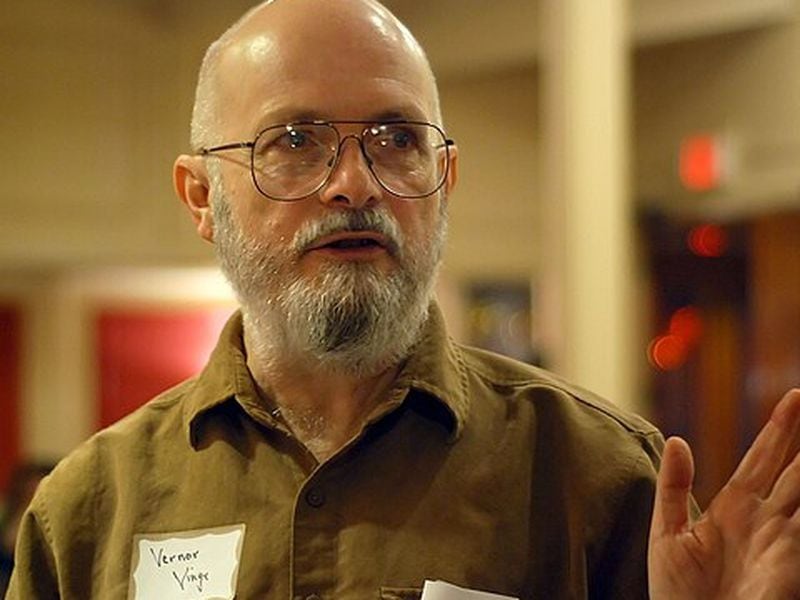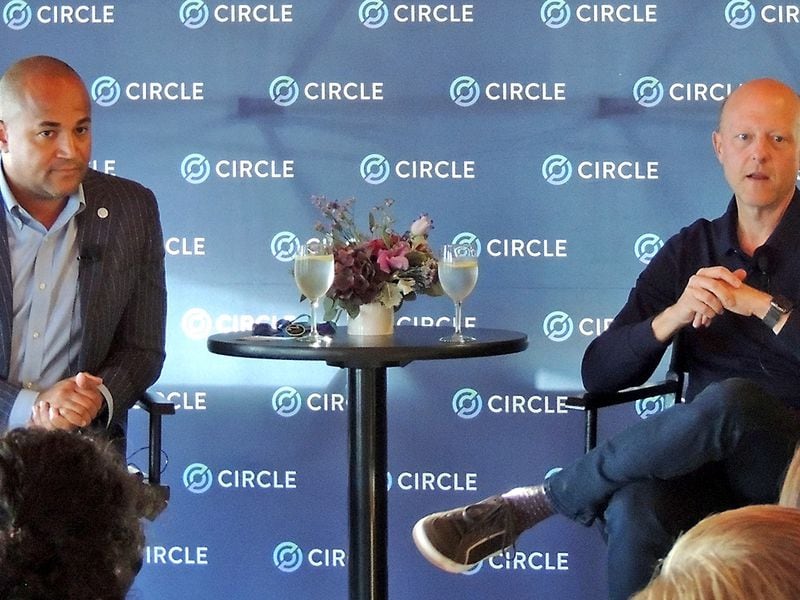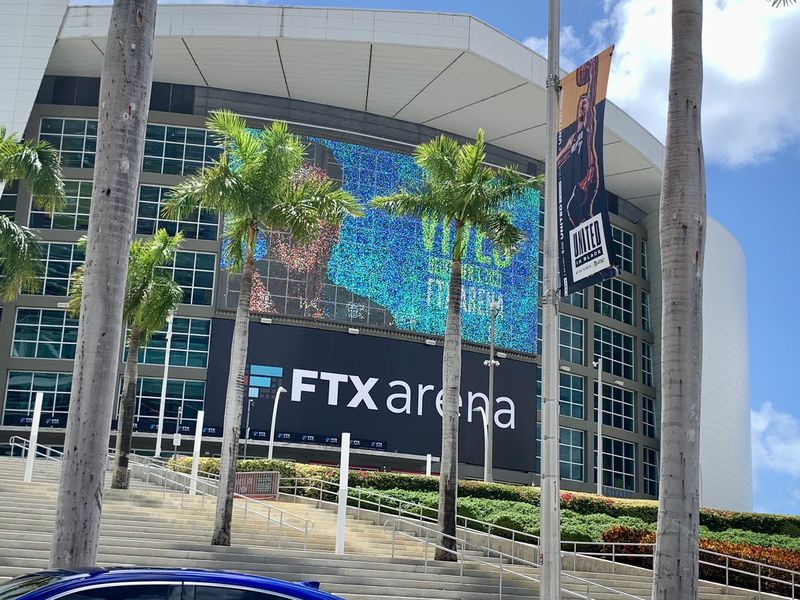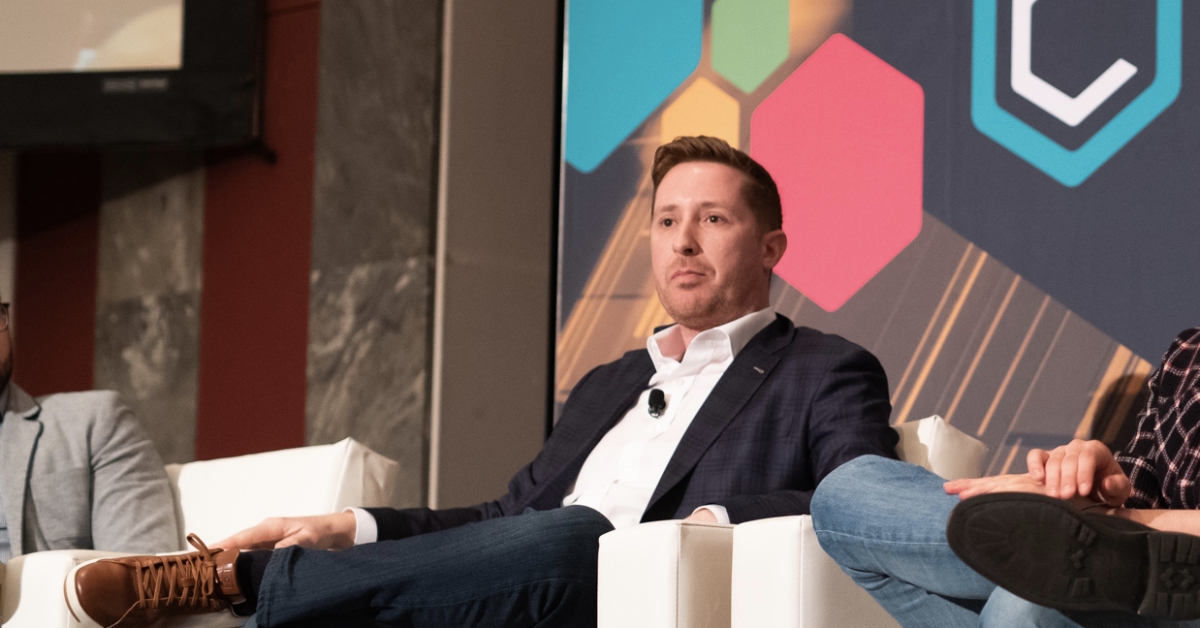The CoinDesk 50: Cosmos and the Dream of Anti-Maximalism
The CoinDesk 50: Cosmos and the Dream of Anti-Maximalism
In an industry known for tribalism and infighting, Cosmos is banking on everyone else’s success.
Launched in April 2019, the $590 million network is perhaps the most optimistic of protocols in development today, envisioning a future of tech-stack pluralities dialoguing with one another.
This post is part of the CoinDesk 50, an annual selection of the most innovative and consequential projects in the blockchain industry. See the full list here.
That’s how All in Bits, Inc. core developer Sunny Aggarwal described the project he’s helped shepherd for the past three years in between daily Twitter factoids he has gained niche notoriety for.
“The premise for Cosmos is that we are the least-maximalist-possible project,” Aggarwal said. “We just want to connect everything together.”
Understanding the meta-blockchain Cosmos envisions is difficult and is mirrored by its odd business structure, which itself has recently endured self-inflicted wounds.
To recap, the blockchain network began in 2014 with the creation of All in Bits, Inc. (also known as Tendermint) by founder and CEO Jae Kwon. The company stewarded Kwon’s Tendermint Proof-of-Stake (PoS) consensus algorithm.

All in Bits was then contracted by the Interchain Foundation (ICF) to build out the Cosmos ecosystem via the Tendermint algorithm. Cosmos conducted an initial coin offering (ICO) in 2017, raising $17 million for its atom (ATOM) tokens.
In February 2020, following internal drama, All in Bits further split into two firms, creating Interchain GmbH (which now also does contract work for the ICF). As CoinDesk reported in February, All in Bits director Zaki Manian publicly criticized Kwon for pivoting to a side project built on Cosmos called Virgo. Manian later resigned his position, according to an All in Bits blog post.
Aggarwal said communication issues were mainly to blame for the infighting and have largely been resolved by the reorganization.
“A lot of people did leave All in Bits, but honestly, in my opinion, I think it’s for the better. Up until then, All in Bits was the primary development team within Cosmos. I think this makes it more resilient,” Aggarwal said.
Like before but under a new entity, Interchain GmbH is primarily focusing on the forthcoming Inter-Blockchain Protocol (IBC) and the Tendermint Core algorithm while All in Bits continues to build out its already launched software development kit (SDK), both of which make interoperability easier in different ways, Aggarwal said.
Those two firms are responsible for the creation of a blockchain that will be able to translate data from one chain to another – in any programming language and across consensus algorithms – through either its IBC protocol or Cosmos’ purpose built-chain, Cosmos Hub.
“Cosmos is this vision of the network of interoperating chains and Cosmos Hub is one specific chain,” Aggarwal said. “For Cosmos, as a whole, it’s unclear what the layout will be. Will there be a couple of chains that are all connected together, will it be many chains, will it be a hub-and-spoke architecture? Who knows.”
After its mainnet launch in just over one year ago, the network has dozens of projects building out testnets.
Yet, Cosmos isn’t alone in its universe. Summa and other projects have built bridges between Bitcoin and Ethereum, the two largest blockchains. Zcash developers recently began building a bridge with Ethereum.
And then there’s Polkadot, the largest competitor in the race to make blockchains talk to each other. Run by the Web3 Foundation and Parity Technologies, Polkadot provides interoperability options with its Substrate network, which has recently attracted projects like Shyft, Polymath and Nodle.
“Competitor” may be the best word to use but it’s not quite right, said Aggarwal. Rather, Cosmos and Polkadot just have similar visions and different methods of getting there, he said.
“There will always be different languages,” Aggarwal said. “There is not one programming language today and there’s not going to be one blockchain framework. As long as they can all interoperate, that’s what’s important.”
Disclosure Read More
The leader in blockchain news, CoinDesk is a media outlet that strives for the highest journalistic standards and abides by a strict set of editorial policies. CoinDesk is an independent operating subsidiary of Digital Currency Group, which invests in cryptocurrencies and blockchain startups.









